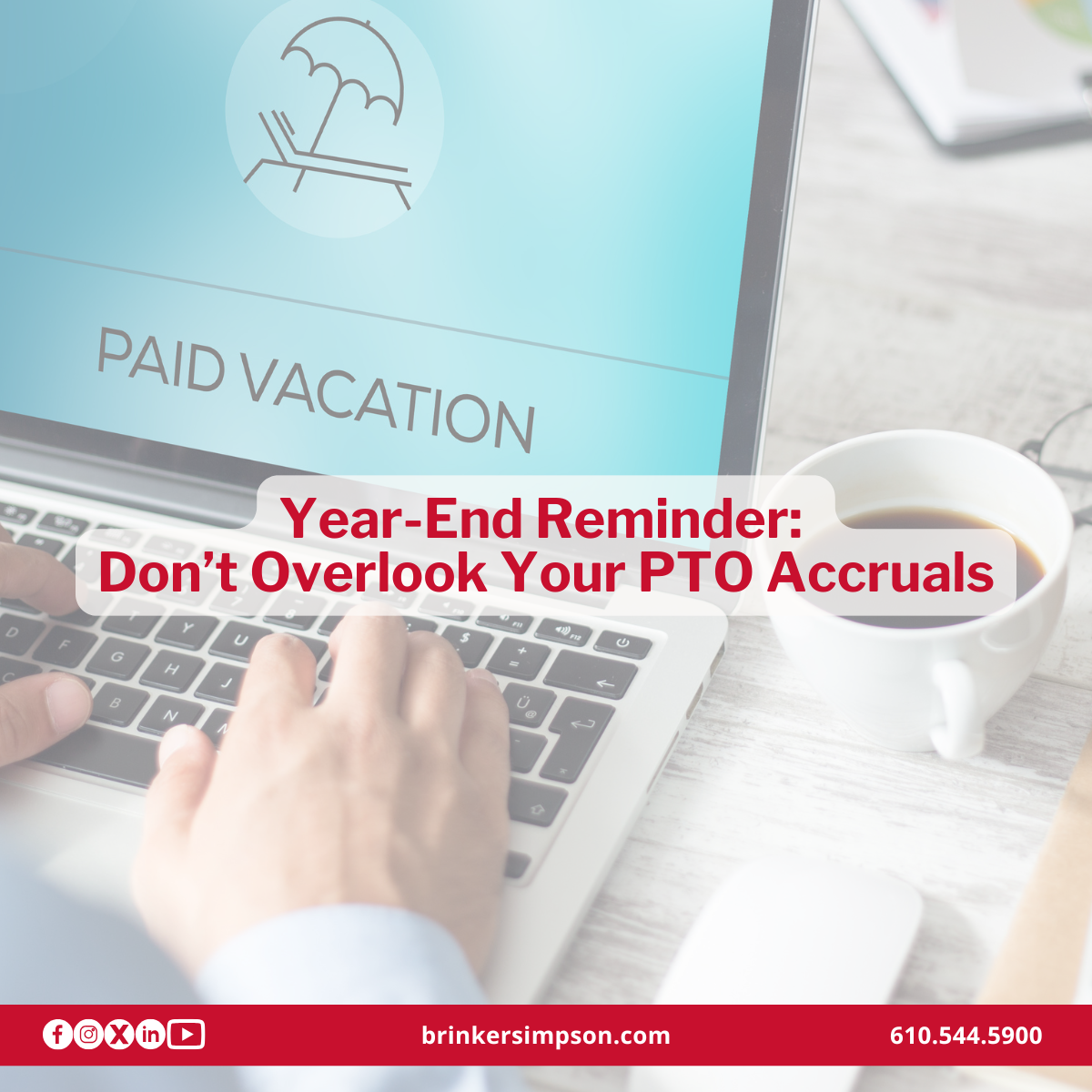Can I Itemize Deductions on My Tax Return?
You may wonder if you can claim itemized deductions on your tax return. Perhaps you made charitable contributions and were told in the past they couldn’t be claimed because you didn’t have enough deductions to itemize. How much do you need? You can itemize deductions if the total of your allowable itemized write-offs for the year exceeds your standard deduction allowance for the year. Otherwise, you must claim the standard deduction.

